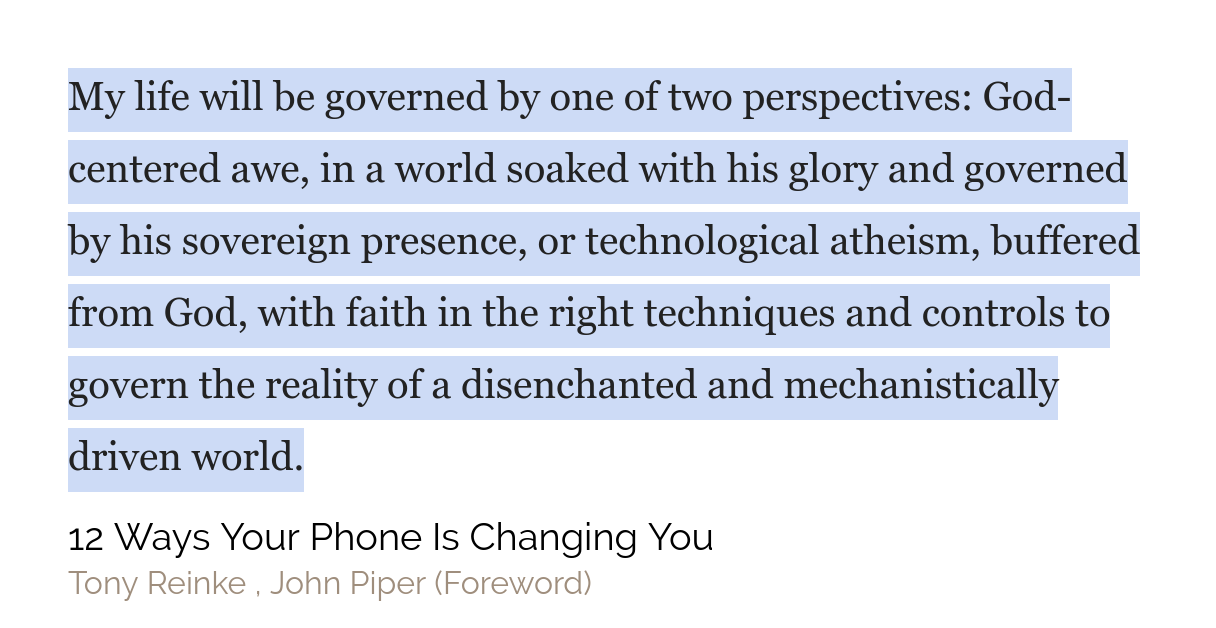I began using a journal this week to enhance my devotional time. I’m using “The Scribe Journal,” which has a very simple outline to guide the user through the process. However, before writing anything down, you need to start by reading. While the journal includes a two-year reading plan in the back, I have continued to use my own schedule. While I spend a good deal of my day doing in-depth Biblical study, I like to read through the entire Scriptures once a year. I’ve used a variety of plans, but I’ve found a 7-days-a-week plan that has me read in four places (Torah/History, Psalms, Prophets, New Testament) works best for me.
After completing my reading, I’m ready to write in the first entry for the day, which is “Scripture.” Here I record a verse of Scripture that particularly spoke to me during the reading. I’ve only used the journal for a short time, but I have already found that the need to choose a single verse causes me to read more deliberately. I read thinking, “If I needed to share an adhoc devotional today, what would I say?” The verses that I have recorded this week are:
- Train yourself for godliness – 1 Timothy 4:7b
- Keep yourself pure – 1 Timothy 5:22b
- The LORD roars from Zion – Joel 3:16
- But Jonah rose to flee – Jonah 1:3a
The second entry in the Journal is “Observation & Interpretation.” In this section, you simply take the verse from the first section and say what it means. I tend to fill this with other passages that the first passage brings to mind. For instance, I read the Jonah 1 passage on the same day I had read from Deuteronomy 1. Both of these passages record people rebelling against the clearly-revealed will of God. My entry in the Journal focused on that aspect of Jonah and while it isn’t a thorough exegesis of the passage, it is what the Holy Spirit emphasized to me. On other occasions I will address the original language, or theology.
The third section in the Journal is “Application.” Here you take the observation and interpretation and describe the lesson for you and how that truth integrates into your life and thinking. On the day I read the passage in Joel, our world was being torn apart by racial violence, politics, and COVID-19. I needed the joy and peace that only the Lion of the Tribe of Judah could bring. I used this section to remind myself that while the battle still rages, the war is won.
The fourth section in the Journal is “Prayer.” The sections are all self-explanatory and simple. However, the particular prayer that I record is what flows from the verse, interpretation, and application. On the day the Scripture was 1 Timothy 5:22b, I wrote: “Lord I come as a beggar seeking what you alone possess and can supply: wisdom, joy, peace, and holiness. Give me victory of the lust of the eyes, the lust of the flesh and the pride of life. Keep me from evil and the evil one.”
The final two sections are intended to be addressed in the evening. The fifth section is “Memory Verse.” The journal suggests a verse, but I chose to use one of my own selection. All that you do in this section is write out the verse, the same verse, every day of the week. The idea is that by the end of the week you will have this verse memorized. It’s a great practice to return your focus to the Scriptures at the close of day. The final record of the day is: “Today I’m thankful to God for . . . .” The entry here causes you to pause at the close of a day and “see the glass half full” in a world that wants to only see “the glass half empty.” I have written things such as: Grace, the love of my family, His Church and His church.
While the sections are simple and you could abscond with the outline without buying the Journal, the physical journal itself is very nice. Additionally, at the end of the week there is a separate section with another outline to promote a weekly reflection. If you want that weekly section, as well as all of the material at the beginning and the end of the Scribe Journal, then buy it. My advice is buy one, and buy a good pen. Make the experience something you look forward to. I find great benefit from writing slowly and deliberately. The computer is a great tool but it has adverse effects as well. I find that my hand-written thoughts come from a deeper reflection than those that flow so quickly from the keyboard. It is a good thing to unplug from the whirl of life and write what the Holy Spirit directs you to write, without distraction. Having the physical journal is a reminder. A reminder of your need to spend time with the Lord. A reminder of time well spent.


